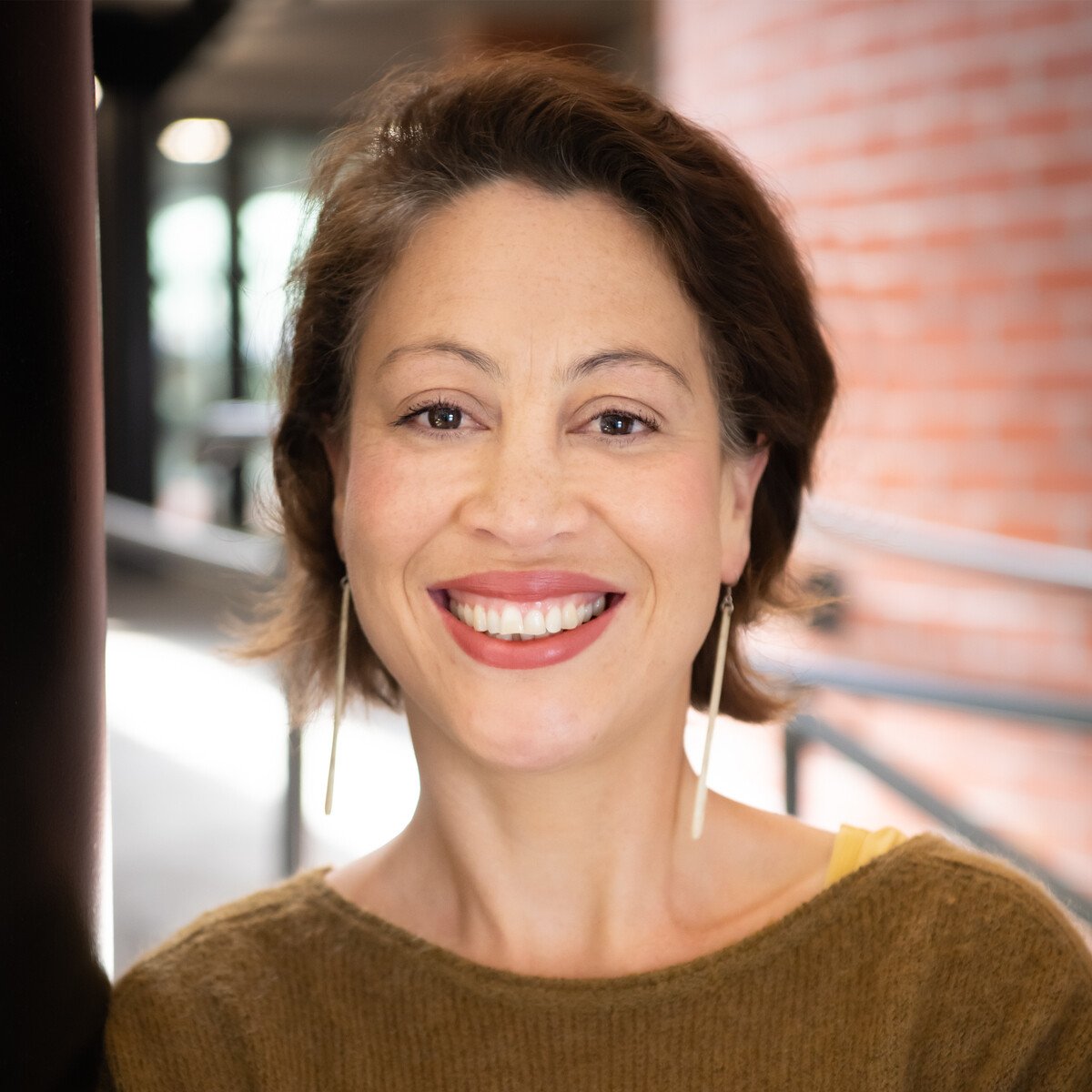Amidst the excitement and hype around Artificial Intelligence (AI), there have been growing questions about how AI can support or hinder Indigenous rights, particularly in relation to Indigenous data sovereignty (IDSov) (Worrell, 2024), Indigenous data governance (IDGov) (Jo & Gebru, 2020) and Indigenous Cultural and Intellectual Property (ICIP) (Fitch et al., 2023). AI has already been embraced in some communities to support their aspirations (Robinson et al., 2022; Mason et al., 2024), yet there are many open questions. In this collaborative event, we seek to envision what self-determined Aboriginal and Torres Strait Islander AI Futures look like and plot some markers to get there.
Focus questions will envision Aboriginal and Torres Strait Islander AI possibilities in 10 years’ time:
How are Aboriginal and Torres Strait Islander people being empowered in 2035?
How has Aboriginal and Torres Strait Islander self-determination improved with AI?
What risks have been addressed to achieve this?
What are the steps and markers to such a future? Who are the stakeholders and what are their roles?
Speakers:
Dennis Fay, Salty Monkeys
Born and raised in the Torres Strait, Dennis grew up spending as much time in the water as on land. Although he’s lived a full life across the world—whether it was professionally competing in sports in Asia, volunteering for an anti-poaching foundation in Africa, donating fish to local charities, leading soldiers in the military, or working as firefighter—community has always been at the centre of each endeavour. Dennis is the project lead for the Marine Debris Taskforce, an in-community taskforce focussed on the issue of marine debris and finding sustainable solutions on country.
Shevaun Wright, BA/LLB (MacqU), MFA (UCLA), LLM (UMelb), Senior Solicitor
Shevaun is a First Nations practising artist and lawyer with expertise in the fine arts, commercial and data sovereignty. Her areas of specialty include legal issues related to the arts and the impact of Artificial Intelligence on ICIP with a passion for empowering First Nations people. She holds various degrees, including a Master of Fine Arts from UCLA, and has practiced law in both the United States and Australia. She is an accomplished artist, winning the Parliament of New South Wales Aboriginal Art Prize in 2015. Shevaun is actively involved in community projects, exploring the intersection of law and art, particularly from an Indigenous perspective.
Dr Tamika Worrell is from Gamilaroi Country, Western New South Wales in so-called Australia. She has been grown up by Dharug Ngurra (Country), where she continues to live and work. She is currently a Senior Lecturer in Critical Indigenous Studies at Macquarie University, and is also the Director of Research Training. Her research interests are broadly in Indigenous representation, Indigenous Higher Education success, education more broadly and digital lives, including artificial intelligence.
John Fejo is a proud Larrikia man whose roots trace back to the stunning landscapes of the Northern Territory, Australia. Currently residing in Innisfail with his wife of 26 years, he is a dedicated father to four beautiful children and a cherished grandfather to two granddaughters. John’s commitment to his community and culture shines through in his numerous roles and partnerships aimed at fostering Indigenous empowerment and environmental stewardship.
As an Aboriginal Indigenous Ambassador, John plays a pivotal role in several organizations. He is actively involved in the trials of age assurance technology and serves on the Aboriginal Indigenous committee for the Australia Indigenous Datathon. His dedication to education and technology is evident through his ambassadorship with Deadly Coders and KJR PTY, where he promotes opportunities for Indigenous youth.
In his role as Senior Ranger Coordinator for the Goondoi Arts Aboriginal Corporation, John leads significant environmental projects focused on land and sea conservation. His partnerships with organizations such as GBRF, QPWS, Cassowary Coast Council Innisfail, and Wet Tropics showcase his collaborative spirit in addressing pressing ecological challenges.
John is passionate about environmental rehabilitation and has initiated various projects, including sea grass restoration, mangrove revegetation for blue carbon credits, turtle and feral pig monitoring, and flora and fauna studies. His involvement in reef restoration and drone monitoring highlights his commitment to innovative conservation techniques. He also emphasizes cultural education through language classes and fish species identification while leading cassowary monitoring efforts and fire management strategies.
His connection to education extends beyond the environment. As an Aboriginal Ambassador for Radiant Life College, John champions initiatives like the Deadly Coders program, Goondoi Junior Rangers, and the Dreamtime Trial. He also facilitates drone training and participates in NADIUC events and interstate school camps, creating enriching experiences for young Indigenous Australians.
In addition to his extensive community involvement, John is the founder of AIFN GOLF, organizing men's social golf events, cultural days, and mental well-being health days. His efforts not only promote physical health through sport but also foster a sense of community and cultural identity among men in his region. Through every facet of his life, John Fejo embodies the spirit of a dedicated leader and advocate for Indigenous rights, environmental preservation, and community well-being. His legacy is one of resilience, education, and a deep commitment to nurturing the next generation.















